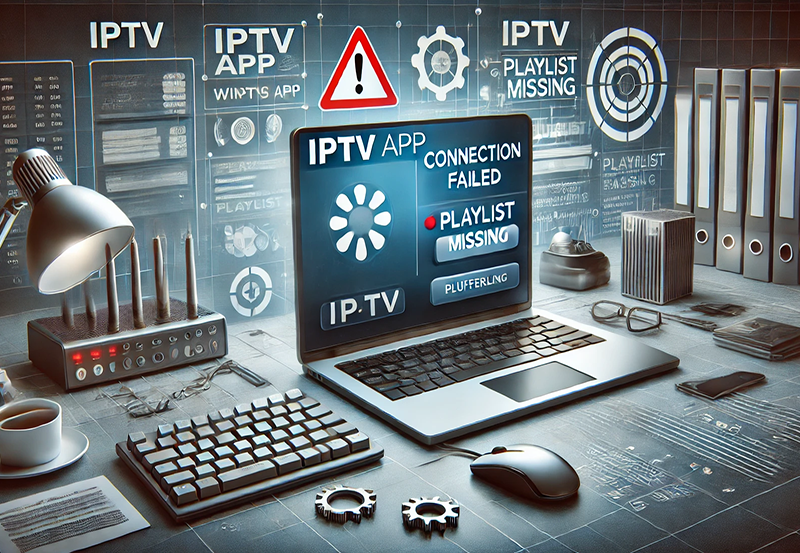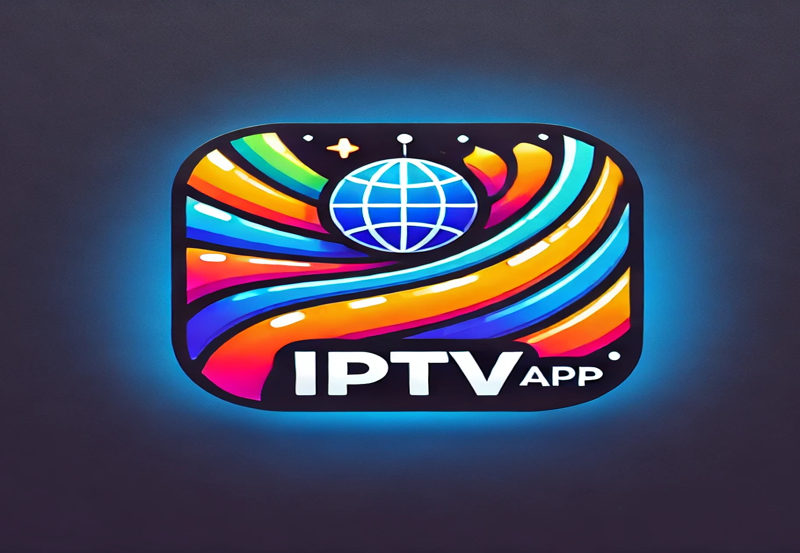In the rapidly changing landscape of home entertainment, the shift from traditional cable to alternative viewing experiences is nothing short of revolutionary. As we edge further into the digital era, a significant number of viewers are trading in their cable subscriptions for Internet Protocol Television, commonly known as IPTV. But what exactly is fueling this movement? Why have cord cutters lined up to embrace IPTV with such enthusiasm? Let’s explore the reasons behind this trend and discover how IPTV is transforming the way we consume media.
Understanding IPTV: A New Era of Entertainment
IPTV stands for Internet Protocol Television, a service that delivers television content over internet networks instead of traditional satellite or cable formats. Unlike cable TV, which relies on a physical connection to transmit signals, IPTV uses the ubiquitous power of the internet, making it accessible wherever internet connectivity exists.
IPTV offers an array of features that appeal to modern viewers. With easy access to on-demand programming, live broadcasts, and the ability to pause, rewind, or fast-forward content, IPTV creates a seamless viewing experience tailored to individual needs. This flexibility is one of the main draws for those considering making the switch.
Expert Insight:
Watch your favorite sports channels seamlessly with Top IPTV subscriptions for unparalleled streaming quality.
Moreover, IPTV for IPTV Smarters, a popular application, provides an intuitive interface that enhances user engagement further, adding to its growing popularity among new adopters.
The Appeal of IPTV for UK Viewers
In recent years, the United Kingdom has witnessed a dramatic increase in IPTV adoption rates. British consumers, known for their fondness for a broad range of content, find IPTV particularly attractive due to its expansive library and customizable options.
The convenience of accessing a vast array of channels, including international media and local favorites, all without the hassle of cable subscriptions, is a major factor in this appeal. IPTV for UK viewers not only promises a variety of entertainment but also caters to diverse language preferences, making it a go-to choice for multicultural households.
Additionally, IPTV eliminates the geographical restrictions that traditional services impose, allowing users to connect with content from every corner of the globe.
All About IPTV: Key Benefits
- Flexibility and Freedom: IPTV’s freedom to watch what you want, when you want, is a key attraction.
- Cost-Effective Options: Offering more varying pricing packages tailored to different needs.
- Rich Content Library: Expansive libraries featuring movies, series, and more at your fingertips.
- Adaptability: Compatible with several devices, IPTV ensures that viewers can watch on laptops, smart TVs, and smartphones.
The Technology Behind IPTV
The underlying technology that supports IPTV resembles that used by other streaming services; however, it is unique in its delivery and management. Utilizing an entirely IP-based network, IPTV content is compartmentalized into packets, which are then transmitted over the internet. These packets are reassembled via set-top boxes or compatible apps before appearing on your screen, offering uninterrupted, high-quality viewing.
Importantly, IPTV can adjust quality based on your internet speed, unlike cable, which can often struggle if reception is poor. This adaptability to internet fluctuations is one of the technological edges that IPTV holds over traditional TV services.
Overcoming Challenges: IPTV vs. Cable
While the benefits are significant, some challenges accompany the transition from cable to IPTV. Maintaining stable internet connectivity is crucial. Without it, users may experience outages or buffering, which can be frustrating during live events or movie nights.
IPTV providers continually improve services to ensure reliability. That said, possessing a robust internet connection remains essential for optimum performance.
Despite these hurdles, the sheer volume of benefits offered by IPTV—ranging from cost savings to enhanced functionality—comforts many users in their decision to switch from cable.
How IPTV is Changing Viewing Habits
With its entry into the mainstream, IPTV is redefining how audiences engage with television. Tailoring content to individual preferences, allowing easy access to global media, and putting control directly into the hands of the viewer are changing the landscape dramatically.
Viewers now curate their viewing schedules and choices, disregarding the limitations cable often imposes through predetermined schedules and limited channel packages.
The success of IPTV in rewriting viewer interaction underlines its status as not just an alternative to cable, but perhaps its natural successor.
IPTV Adoption: A Glimpse into the Future
The future of IPTV appears incredibly bright, as its advantages continue to sway more cord cutters. Industry experts project steady growth in IPTV adoption as hardware and software technologies evolve, offering users even sharper and more immersive viewing experiences.
Emerging markets and tech-savvy populations offer ripe opportunities for greater IPTV penetration, highlighting its potential to overhaul not only individual habits but potentially the entire broadcasting industry.
Frequently Asked Questions

What is the main difference between IPTV and traditional cable?
While both IPTV and cable provide access to TV content, the core difference lies in their delivery. IPTV uses the internet to deliver programming, providing flexibility in viewership, whereas cable relies on a physical connection with more rigid programming schedules.
Is IPTV available globally?
Yes, IPTV is accessible anywhere there is a reliable internet connection, making it a globally available service spanning various regions, including key markets like the UK.
How can I improve my IPTV experience?
To ensure the best viewing experience with IPTV, it’s advisable to have a strong and stable internet connection. Additionally, using updated applications and devices can further enhance performance.
Are there any legal issues associated with IPTV?
Legal issues surrounding IPTV typically arise from unauthorized streaming services. It is crucial to subscribe to licensed services to avoid potential legal complications.
Can I use IPTV on multiple devices?
Yes, most IPTV services are designed to be used across multiple devices, such as smart TVs, smartphones, and tablets, allowing greater versatility and convenience.
Why is IPTV more cost-effective than cable?
IPTV often provides flexible pricing plans that fit different budgets, an aspect that traditional cable cannot usually offer due to fixed bundled packages.
What makes IPTV a preferred option for UK viewers?
UK viewers appreciate the wide range of international content, ease of access, and customizable channel options that IPTV provides, enhancing their overall viewing experience.
The Best VPNs for NVIDIA Shield TV in 2024





